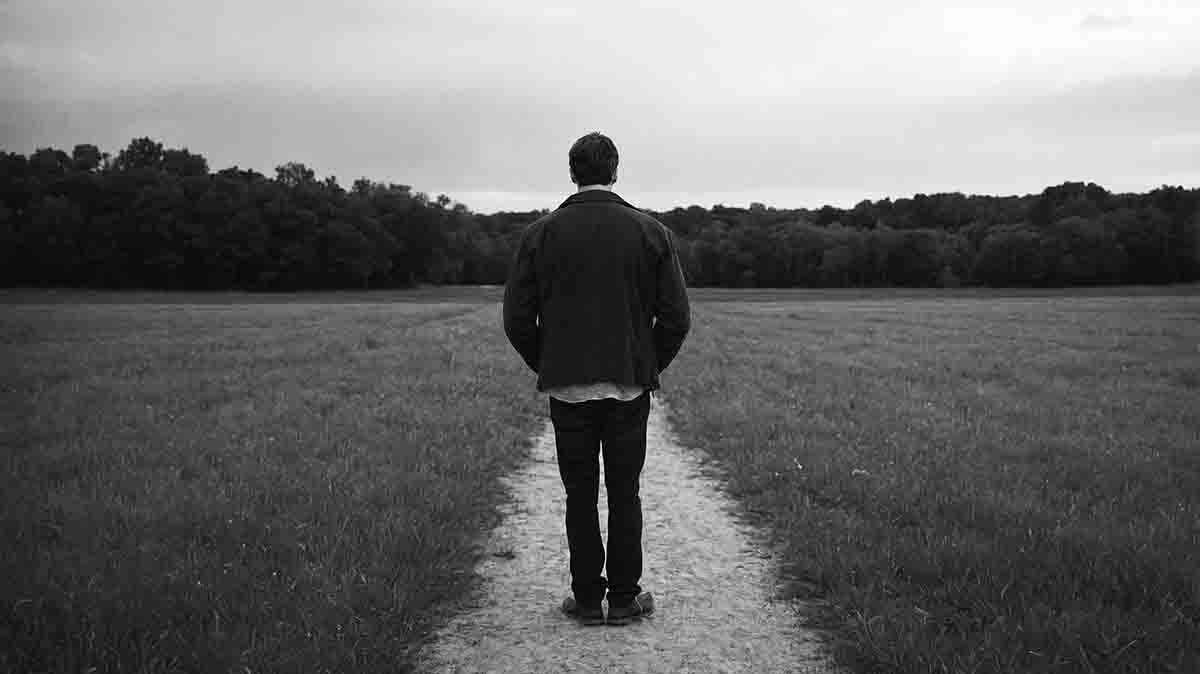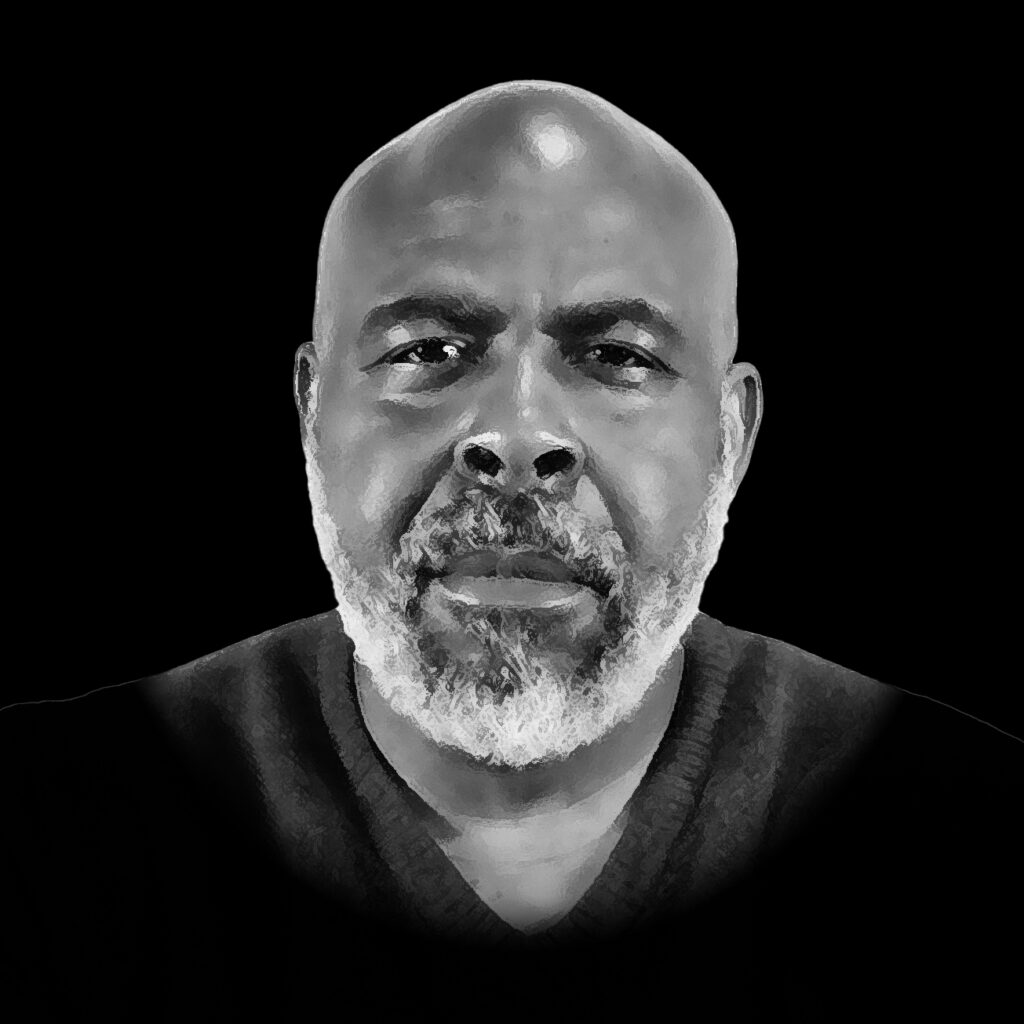In Napoleon Hill’s classic book Think and Grow Rich, he discusses six “ghosts of fear” that can hold us back from achieving success. One of these ghosts, the fear of the loss of love, has profound implications not only on our personal lives but also on our ability to succeed in all areas of life. In this post, we’ll delve into what causes this fear, its symptoms, and how to recognize it in our own lives.
What Is the Fear of the Loss of Love?
Napoleon Hill observed that the fear of losing love arises from a deep-rooted anxiety that we might not be good enough for the people we care about, especially in romantic relationships. Hill attributes this fear to societal changes over time, especially the shift in how people view relationships and love.
Originally, Hill believed that this fear was rooted in men’s tendency to be afraid of losing their partner to someone else—perhaps a neighbor or a rival. However, as Hill wrote in his time, this fear was more grounded in personal interactions and jealousy. Fast forward to today, and this fear has morphed in ways Hill could never have imagined, especially in our hyper-connected, media-saturated world.
In modern society, there’s an overwhelming message that a person’s worth is tied to their material possessions, and relationships are no exception. Material things—such as wealth, status, and appearances—have been advertised as the keys to keeping love. This has intensified the fear of losing love, especially for men who feel pressure to meet these superficial standards.
Why Does the Fear of the Loss of Love Persist?
Hill suggests that this fear is, at its core, a projection of self-doubt. If you think your partner might leave you for someone better—more handsome, smarter, wealthier—it’s because deep down, you believe that you are not enough. This fear can stem from a lack of self-esteem or insecurity.
As Hill explores in the book, the fear is not necessarily rooted in the actual actions of your partner, but in how you view yourself. Are you questioning your value? Are you concerned that your partner might find someone with more material wealth or a more attractive appearance?
These questions are often internalized and projected onto our relationships, influencing how we act. This can manifest in jealousy, mistrust, or unhealthy attachments.
The Symptoms of the Fear of the Loss of Love
Hill identifies several behaviors that can indicate the presence of the fear of the loss of love. These symptoms often reflect deep insecurities and can be detrimental to both the individual and the relationship. Let’s take a look at some of these symptoms:
1. Jealousy
Jealousy is often the first sign of the fear of the loss of love. This is the tendency to accuse a partner of infidelity or mistrust, even without evidence. If you’re constantly suspicious of your loved ones without reasonable grounds, it’s a sign that this fear might be influencing your actions. Hill notes that if you do have reasonable evidence of infidelity, it’s time to act decisively and address the issue. But when the jealousy is unfounded, it can spiral into anxiety and strain the relationship.
2. Fault Finding
Another manifestation of this fear is a constant need to find fault in your loved ones. Whether it’s your partner, family, or friends, you may become overly critical, picking at minor issues and exaggerating their importance. This can arise from a fear of losing control in the relationship or a need to push others away before they have a chance to leave. It can lead to constant arguing and dissatisfaction, which will only worsen the fear you already feel.
3. Gambling and Risk-Taking
This might seem surprising at first, but Hill also associates gambling with the fear of the loss of love. The idea here is that individuals, especially men, may take risks—whether it’s financial or emotional—in an attempt to hold onto love. This could involve overspending on material gifts, gambling on investments to provide more for a partner, or even emotionally overextending themselves in ways that they can’t sustain. The idea is that love can be “bought,” but Hill warns that this is a misguided belief.
The fear of losing love can drive people to extremes, making poor financial or emotional decisions in an attempt to secure affection. Hill reminds us that love cannot be bought, and that trying to do so only leads to stress, anxiety, and eventually failure.
Self-Reflection: The Key to Overcoming the Fear of Loss
The first step in overcoming the fear of the loss of love is self-reflection. If you’re afraid of losing your partner, ask yourself why. Is it because you feel inadequate in some way? Are you comparing yourself to others, wondering if your partner might find someone “better”? Hill stresses that if you can answer these questions honestly, you’ll be on the path to understanding where this fear originates and how to dismantle it.
In relationships, we must learn to respect both our partners and ourselves. If you feel that your partner might leave you for someone else, it’s crucial to examine whether these feelings come from your own insecurities or the actual dynamics of the relationship. Sometimes, our own fears distort reality, making us act in ways that only push others away.
What Can You Do to Overcome This Fear?
- Build Your Self-Esteem: Focus on improving your sense of self-worth. Love starts with loving yourself. By building confidence and self-respect, you’ll find that your relationships can flourish without the fear of losing love.
- Communicate Openly: If you’re feeling insecure or unsure about your relationship, talk to your partner. Open communication can help clear up misunderstandings and build trust.
- Let Go of Control: Understand that you cannot control your partner’s feelings or actions. It’s important to trust in the relationship and let go of obsessive control over every detail.
- Address Underlying Issues: If jealousy or constant criticism is a problem, take time to reflect on the root cause. Therapy or personal development practices can help address deep-seated insecurities.
Final Thoughts
The fear of the loss of love is indeed a powerful force that can deeply affect our actions, thoughts, and emotions. It’s easy to fall into the trap of worrying about losing someone we care about, especially when we attach love to external factors like material possessions, appearances, or even social status. This fear can make us feel vulnerable, insecure, and desperate, often leading us to act in ways that are counterproductive to building healthy relationships. However, it’s important to remember that this fear doesn’t have to dictate your life or define your worth in relationships.
Recognizing the signs of this fear, such as jealousy, constant insecurity, or feelings of inadequacy, is the first step in freeing yourself from its hold. These feelings often stem from deeper issues, such as low self-esteem or past experiences that have shaped how we perceive love and attachment. By addressing these underlying issues—whether through self-reflection, communication, or seeking support—you can begin to dismantle the grip this fear has on you.
The key to overcoming the fear of losing love is understanding that love, at its core, is not dependent on external factors. In a world where societal pressures often push us to believe that love is about material wealth, status, or physical appearance, it’s crucial to remember that true love is built on far more enduring values: respect, trust, and understanding. These qualities create the foundation for a love that is both deep and resilient, able to withstand the challenges and uncertainties of life.
When you focus on cultivating these values within yourself—by becoming self-aware, nurturing your own growth, and establishing a sense of inner peace—you’ll naturally start to attract healthier, more meaningful relationships. Trust in the process, and in the knowledge that when love is founded on genuine connection and mutual respect, it will not only endure but thrive. True love is not about grasping at fleeting external symbols but about creating an authentic bond that is rooted in appreciation for who you truly are, both individually and as part of a partnership.
In this way, once you let go of the fear and embrace love for what it truly is, you’ll find that it no longer feels like something to be lost, but something that will grow and flourish naturally, without the weight of unnecessary fear and pressure.



Leave a Reply